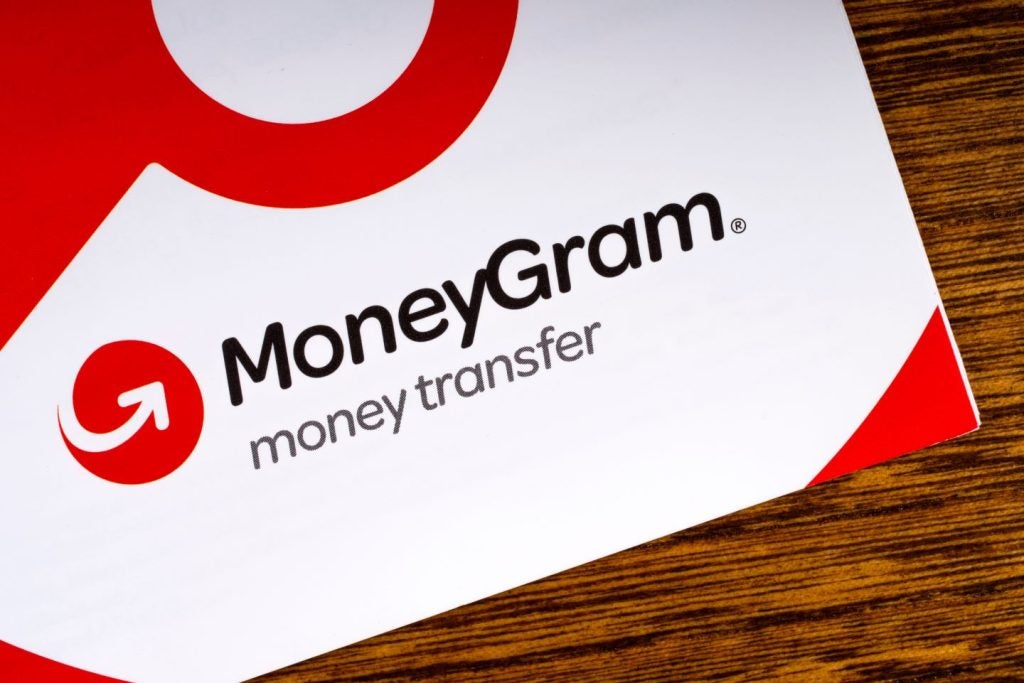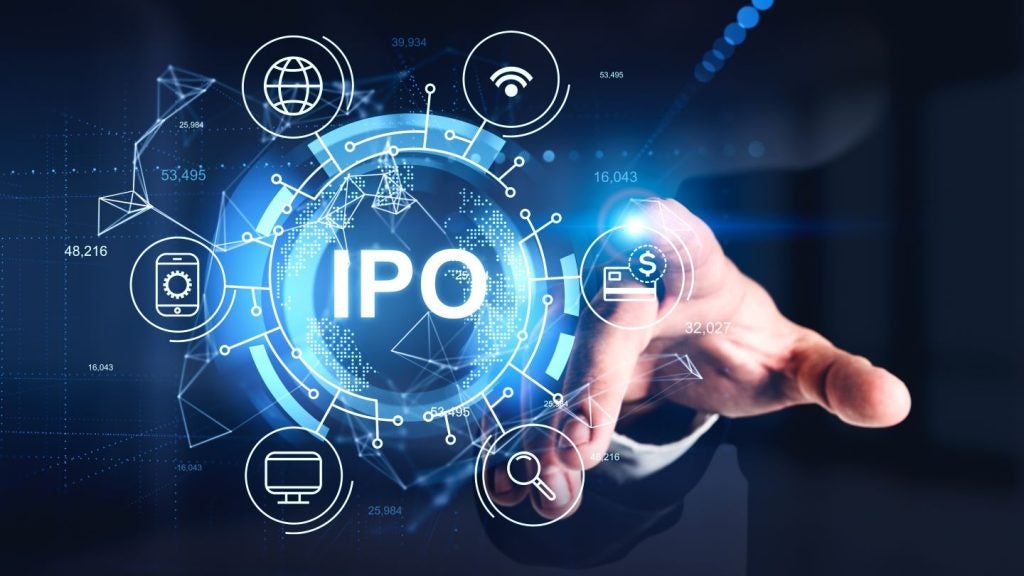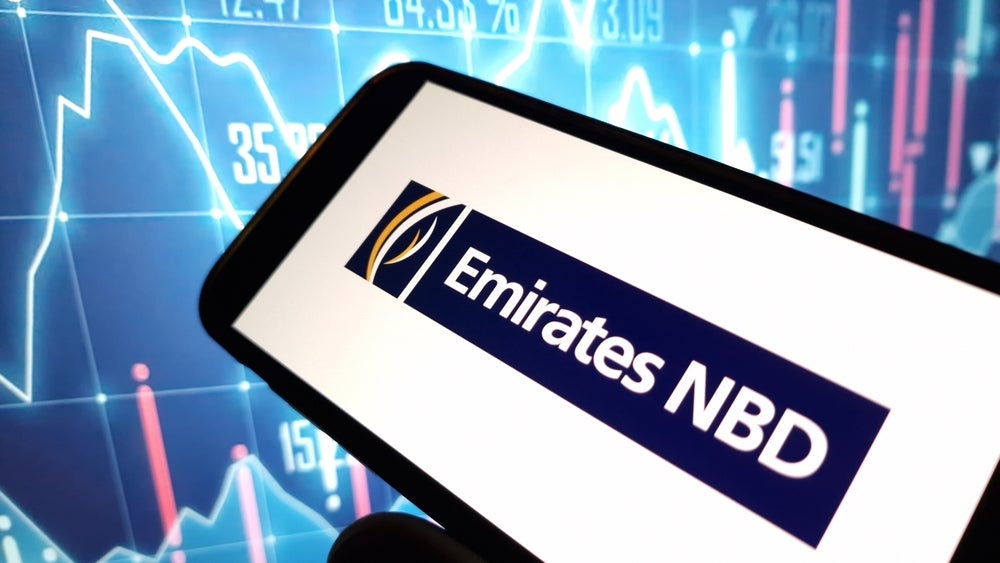The UK’s contactless payments infrastructure could serve as both a help and a hindrance to the uber fruit brand’s imminent European debut. Anna Milne writes
Many factors count in favour of Apple Pay’s potential success. Consumer awareness and infrastructure: People are already used to making contactless payments on cards and the EMV/NFC infrastructure is well established. Major high street brands accept contactless payments. Consumers that do, tap to pay for small ticket purchases in shops and- perhaps key, in London anyway, on transport networks.
Apple Pay has more banks and brands on board than it did for its US roll out.
Apple’s branding is both pervasive and persuasive. People do buy into it and do trust it.
However, the fact that the UK contactless transition is much further along than the US at the point of Apple Pay’s entrance to market could also work against it in that consumers have started to accept contactless card payments as a new, convenient means of payment and there won’t be an appetite yet for a new form of contactless.
Secondly, the upper limit of contactless payments in the UK will be limiting because, again, people who use contactless are used to tapping and going- not hanging around to ‘touch-ID’-verify for a higher value payment. If it is a higher value purchase, why not just use chip and PIN, which is nationwide, convenient and secure and the UK customer base is well used to it. And if Apple Pay is just another option for contactless, why bother.
And thirdly, far and away the best use case for contactless has been public transport, specifically Transport for London, since the acceptance of contactless cards over the entire network. But I doubt if Apple Pay has any place in this arena. It’s hard to imagine pulling out a (very) expensive mobile to tap through a bottle-necked turnstile thronged with people- the potential for accidents or theft doesn’t bear thinking about. This is where Apple Watch could come into its own, but for upwards of £500, it’s difficult to imagine there being a huge uptake among iPhone 5 users, purely to make payments.
Mind you, I said much the same thing about taking out a contactless card back in October and now my contactless current account debit card sits neatly on its own in its brand new Oyster wallet, having usurped my Oyster card.
Many small independent retailers still need to be convinced to upgrade their terminals and, perhaps more to the point, to have each and every transaction logged. Now, despite the benefits of going cashless, and they are great- think of all the cash handling expense and time allocated to cash- deposits, cashing-up, etc- more attractive is the option of keeping swathes of cash under the radar. And not until all such transactions are officially declared that business rate or tax reductions may be applied by the powers that be, if indeed this is even a realistic hope.
I hate to say it, given the industry I’m in, but this is just a load of media hype. Nothing is going to change. It is merely a marker along the evolutionary road.
Beyond this, there is the limiting variable that Apple Pay is only available to iPhone 6 (and iPhone 5S with Apple Watch) owners. It’ll take a couple of years perhaps for the current lot of Apple phone owners to upgrade, by which point, if Apple Pay is still floundering, it may have lost its novelty factor.
And beyond this Apple Pay is just another logo, just another payment means. What we want is one that’s open to all and ubiquitous. Do we want to be faced with several choices when we get to a till?
A larger number of banks and retailers are on board for the UK launch than the US one, that is true- but still, a payment system needs to be ubiquitous for it to really take off. Contactless is a method, not a brand. It needs to be ubiquitous but it will get there. There’s no way Apple can monopolise the entirety of this market. Can it?







